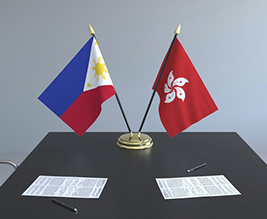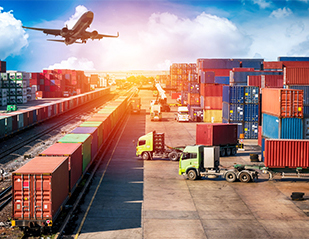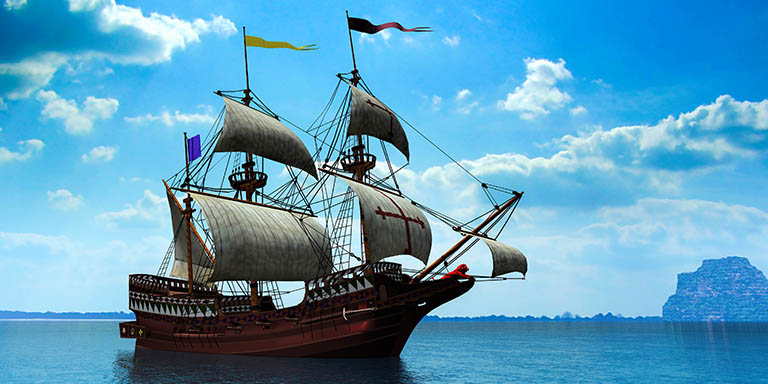
For more than two centuries the Manila galleons plied the Pacific Ocean between the Philippines and Acapulco, Mexico, taking silk and porcelain from Imperial China to North America and Europe, making Manila the trade hub of the day.Mexican independence in the early 19th century cut off this route to Europe, intensifying interest in alternative trading ports, including Hong Kong. Move on two more centuries, and we find the two historical trading ports have decided to work together, enacting the Philippine component of the Free Trade Agreement (FTA) and Investment Agreement (IA) between Hong Kong and the Association of Southeast Asian Nations (ASEAN), which took effect on 12 May.
Duties cut back
Under the FTA, the Philippines will progressively eliminate and reduce customs duties on goods originating from Hong Kong, the Trade and Industry Department (TID) of the Hong Kong Special Administrative Region Government announced. The tariff commitments made by the Philippines cover different kinds of Hong Kong commodities, including jewellery, clothing and clothing accessories, watches and clocks and toys. To enjoy the preferential tariff treatment for exporting Hong Kong goods to the Philippines under the FTA, Hong Kong traders need to comply with the relevant preferential rules of origin and fulfil the related requirements. Applications for certificates of origin should be made to the TID or Government Approved Certification Organisations of Hong Kong. Details can be found in relevant trade circulars issued by TID.On trade in services, Hong Kong service providers will enjoy better business opportunities and legal certainty in market access for a comprehensive range of services sectors in the Philippines under the FTA, the TID stated. These include service sectors, a traditional strength in Hong Kong. Business services, telecommunications services, construction and related engineering services, financial services, tourism and travel related services and transport services all have potential for development.
Enhanced investment environment

Under the IA, the Philippines will provide Hong Kong enterprises investing in the country with fair and equitable treatment of their investments, physical protection and security of their investments as well as the assurance of the free transfer of their investments and returns. In case of expropriation or investment loss owing to war, armed conflict or similar events, the Philippines will also compensate Hong Kong enterprises investing in the nation according to the agreed standard as specified under the IA.With the implementation of the part relating to the Philippines, there are seven ASEAN member states (namely Laos, Malaysia, Myanmar, the Philippines, Singapore, Thailand and Vietnam) for which both the FTA and the IA have taken effect. The enforcement dates for the remaining three ASEAN member states (Brunei Darussalam, Cambodia and Indonesia) are yet to be announced. The texts and the key features of the FTA and the IA are available on the TID website.ASEAN draws together the 10 countries of the Southeast Asia into a trading bloc. The region forms an important part of the Belt and Road Initiative and ASEAN countries’ trade and investment relations with Hong Kong and Mainland China are growing rapidly.Many of the firms which relocate their production facilities out of the mainland pick ASEAN countries, especially Vietnam and Indonesia, as their new production bases.
Related link
TID

